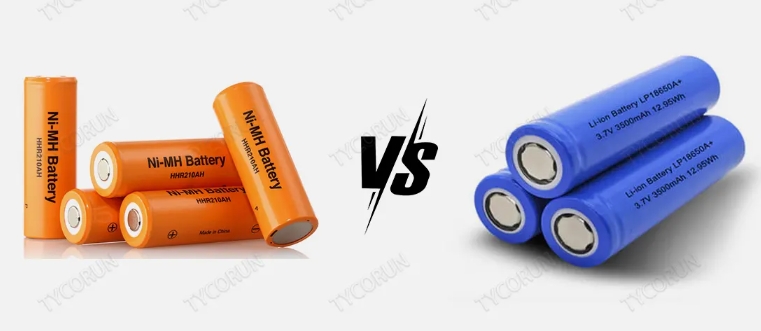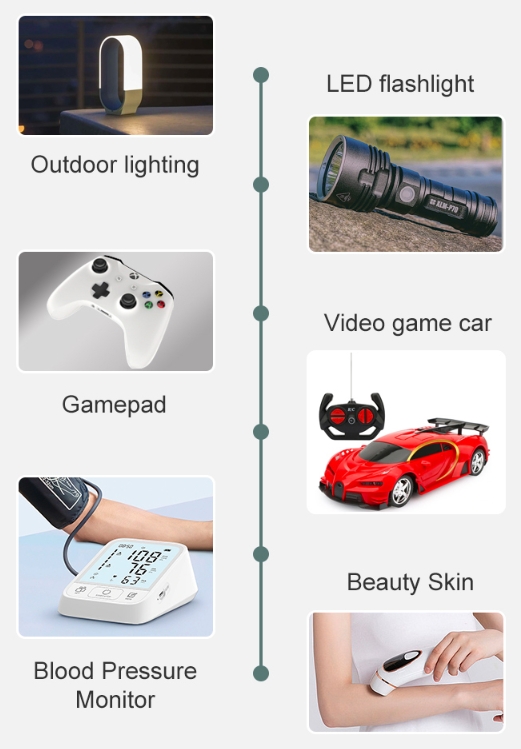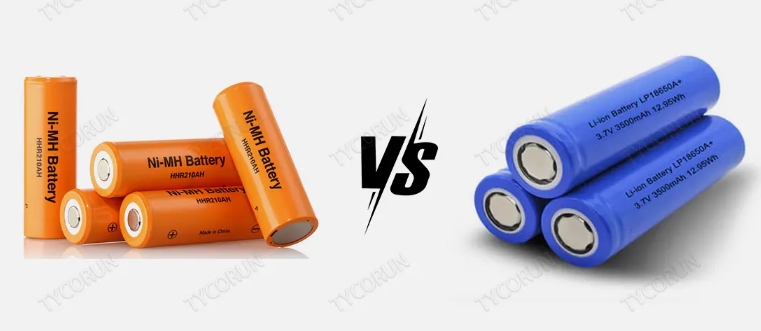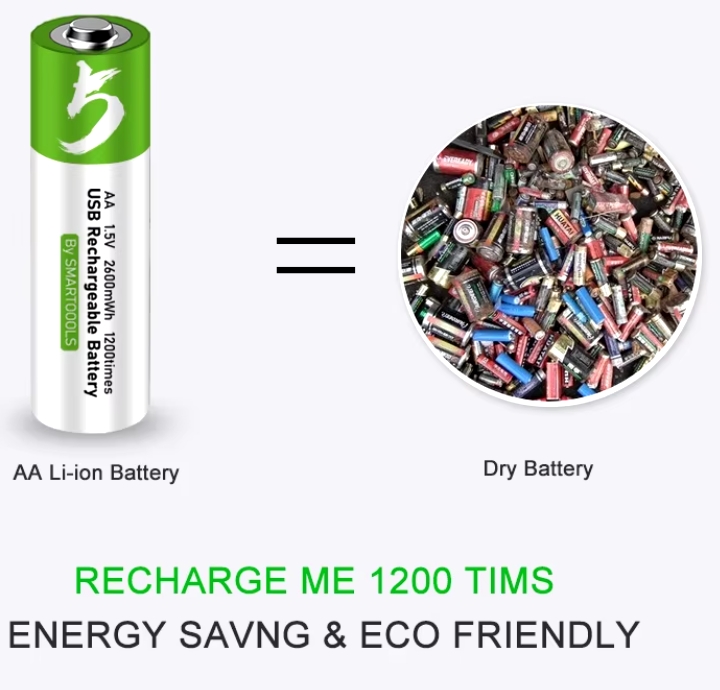When it comes to choosing the right rechargeable battery for your devices, Nickel-Metal Hydride (NiMH) and Lithium batteries are among the most common options. But which one is better for your needs—whether you’re powering a wireless mouse at home or a critical sensor in an industrial facility?
In this guide, we’ll break down the key differences between NiMH and lithium batteries, including performance, cost, use cases, and total cost of ownership (TCO), helping you make a confident and informed decision.

🔍 Quick Comparison: NiMH vs Lithium Batteries
| Feature | NiMH Batteries | Lithium Batteries |
|---|---|---|
| Energy Density | Medium (~60–120 Wh/kg) | High (~150–250 Wh/kg) |
| Cycle Life | 500–1,000 cycles | 1,000–3,000+ cycles |
| Weight | Heavier | Lighter |
| Self-Discharge Rate | High (up to 30%/month) | Very low (2–5%/month) |
| Operating Temperature | 0°C to 45°C | -20°C to 60°C |
| Charging Speed | Slower | Faster |
| Memory Effect | Yes | No |
| Price Per Unit | Lower | Higher |
| Best Use Case | Consumer electronics, tools | Industrial sensors, drones, outdoor use |

🛠️ How to Choose: 6 Key Questions
1. What Type of Device Are You Using?
- NiMH is ideal for:
- Game controllers
- Cordless household tools
- Flashlights and electric toothbrushes
- Lithium is better for:
- Wireless cameras
- Outdoor sensors
- Industrial handheld tools
2. Do You Need Long Runtime or Fewer Replacements?
Lithium batteries provide 2–3 times longer runtime per charge and have much longer overall lifespan than NiMH. For high-drain or mission-critical devices, lithium clearly wins.
3. Will the Device Be Used in Extreme Environments?
- NiMH batteries operate reliably in mild indoor environments.
- Lithium batteries function in extreme cold and heat, from -20°C to +60°C, making them perfect for outdoor or industrial applications.
4. Is Battery Weight a Concern?
- Lithium batteries are significantly lighter, a major advantage for portable, wearable, or aerial devices (like drones).
- NiMH is heavier and may affect ergonomics or portability.
5. How Often Can You Recharge or Replace?
If the battery is in a hard-to-access place (e.g., mounted on a rooftop sensor), you’ll want to avoid frequent service. Lithium’s long life means less maintenance.
6. What’s Your Real Cost? (TCO Matters!)
Many users compare battery unit prices—but Total Cost of Ownership (TCO) is what really impacts your budget.

💰 NiMH vs Lithium: TCO Breakdown Example
Scenario: Powering 50 smart locks over 3 years
| Item | NiMH | Lithium |
|---|---|---|
| Unit Price | $10 | $25 |
| Replacements Needed | 2 | 1 |
| Labor Cost (per device) | $20 per change | $20 per change |
| Total Battery Cost | $10 × 50 × 2 = $1,000 | $25 × 50 = $1,250 |
| Labor Cost | $20 × 50 × 2 = $2,000 | $20 × 50 = $1,000 |
| Total TCO | $3,000 | $2,250 |
✅ Conclusion: Lithium batteries have a higher upfront cost but significantly reduce total long-term expenses.

📈 Common Use Cases
| Application | Recommended Battery |
|---|---|
| TV remotes, game controllers | NiMH |
| Flashlights, children’s toys | NiMH |
| Electric toothbrushes, grooming tools | NiMH |
| Outdoor cameras and sensors | Lithium |
| GPS units, drones, portable tools | Lithium |
| Industrial sensors or kiosks | Lithium |
✅ Final Recommendation
| User Type | Best Choice | Why? |
|---|---|---|
| Home/Consumer User | NiMH | Affordable, rechargeable, safe |
| Tech Enthusiast | Lithium | Long-lasting, lightweight, faster charging |
| Industrial Operator | Lithium | Reliable, low-maintenance, temperature-tolerant |
| Budget-Conscious | NiMH | Low initial cost for basic applications |

❓ Frequently Asked Questions (FAQ)
What is the main difference between NiMH and lithium batteries?
Lithium batteries offer higher energy density, longer lifespan, faster charging, and better cold-weather performance. NiMH is more affordable and ideal for low-power or indoor devices.
Can I replace NiMH with lithium batteries?
Only if the device supports lithium chemistry. Some devices require specific voltage or safety circuits. Always check manufacturer compatibility.
Which battery lasts longer per charge?
Lithium batteries typically last 2 to 3 times longer per charge compared to NiMH in high-drain applications.
Are lithium batteries better for outdoor use?
Yes. Lithium batteries can handle -20°C to +60°C, whereas NiMH batteries tend to lose performance below 0°C.
📞 Need Help Choosing the Right Battery?
Whether you’re powering a personal gadget or building a smart industrial system, the right battery makes a big difference.
➡️ [Chat with Our Battery Experts]
Request A Quick Free Quote !
Before starting to use our services, please fill in the following form to let us know which type of stainless steel duct system you want to import from China.
Once we receive the detailed information regarding your request, your assigned customer representative will contact you shortly. He or she will assist you from planning to shipping.
If you need help, please email us at info@qanlam.com.



